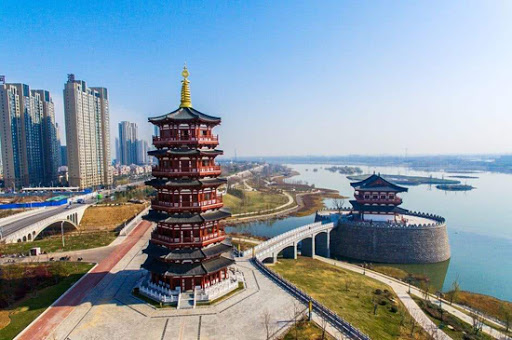 (the other three being Jerusalem, Mecca, and Athens) and one of the starting points of Silk Road. It has Luo River in the south, hereby the name Luoyang (south of the Luo River). Since the Xia Dynasty, the first dynasty in China, about 13 orthodox dynasties established their capital here, making Luoyang one of China's greatest ancient capitals. The only Empress of China, Wu Zetian, set her capital here and renamed the place as Divine Capital. Luoyang is also a paradise of peonies. The world’s largest peony gene storehouse is set here.
(the other three being Jerusalem, Mecca, and Athens) and one of the starting points of Silk Road. It has Luo River in the south, hereby the name Luoyang (south of the Luo River). Since the Xia Dynasty, the first dynasty in China, about 13 orthodox dynasties established their capital here, making Luoyang one of China's greatest ancient capitals. The only Empress of China, Wu Zetian, set her capital here and renamed the place as Divine Capital. Luoyang is also a paradise of peonies. The world’s largest peony gene storehouse is set here. 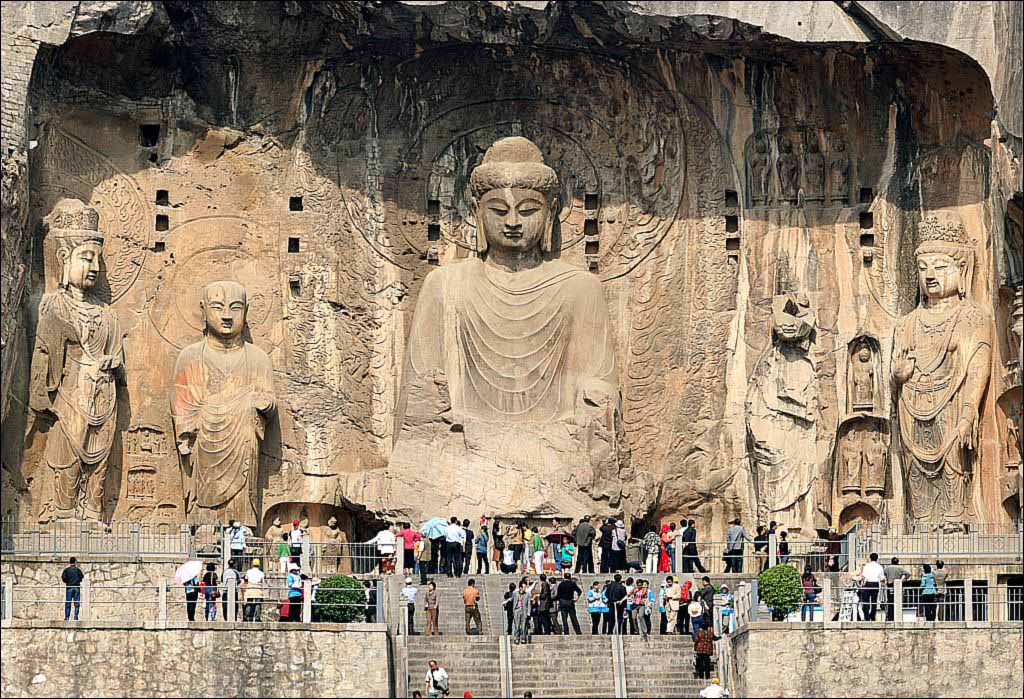 extended and enlarged in Eastern Wei, Western Wei, Northern Qi, Sui, Tang, Five Dynasties, and Song eras. Therefore, a large scale of grotto complex spanning 1000m with 2,345 caves and niches, 100,000 Buddhist statues, and over 2,800 inscriptions was created. Among all the works, Longmen Twenty Masterpieces was the milestone of Chinese calligraphy. Cliffside Inscription of Yique Niches, written by Chu Suiliang, was the example of the early Tang Dynasty regular script. All these substantial images, records, statues, and inscriptions together presented us with a long beautiful scroll of ancient Chinese politics, economics, religions, cultures, etc..
extended and enlarged in Eastern Wei, Western Wei, Northern Qi, Sui, Tang, Five Dynasties, and Song eras. Therefore, a large scale of grotto complex spanning 1000m with 2,345 caves and niches, 100,000 Buddhist statues, and over 2,800 inscriptions was created. Among all the works, Longmen Twenty Masterpieces was the milestone of Chinese calligraphy. Cliffside Inscription of Yique Niches, written by Chu Suiliang, was the example of the early Tang Dynasty regular script. All these substantial images, records, statues, and inscriptions together presented us with a long beautiful scroll of ancient Chinese politics, economics, religions, cultures, etc..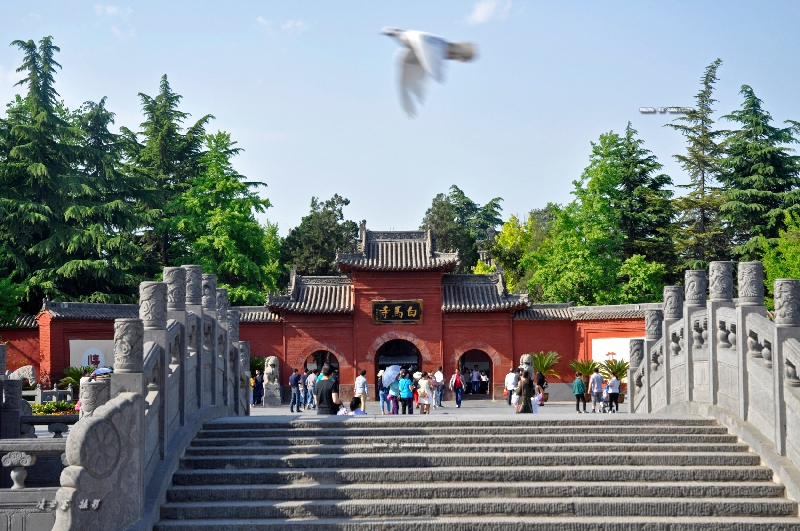 Chinese government after Buddhism being introduced. It’s revered as the ancestral temple of Chinese Buddhist temples. The name of the temple came from the tale of White Horse bearing the Buddhist scriptures. Like any other historical sights, the White Horse Temple was ruined and restored multiple times. Today’s White Horse Temple is divided into two major sections, the traditional temple area and the newly built World Buddha Halls dedicated to host the Buddha statues overseas. In the traditional temple area, you will find the Ming Dynasty gate, Song Dynasty carved horses, Yuan Dynasty dried lacquer Buddhist statue, chanting monks and nuns, magnificent worshiping halls, and tranquil yards. In the World Buddha Halls, your horizon widens suddenly. The buildings are tall, statues are new, and visitors are less, making the place ideal for leisure and peace.
Chinese government after Buddhism being introduced. It’s revered as the ancestral temple of Chinese Buddhist temples. The name of the temple came from the tale of White Horse bearing the Buddhist scriptures. Like any other historical sights, the White Horse Temple was ruined and restored multiple times. Today’s White Horse Temple is divided into two major sections, the traditional temple area and the newly built World Buddha Halls dedicated to host the Buddha statues overseas. In the traditional temple area, you will find the Ming Dynasty gate, Song Dynasty carved horses, Yuan Dynasty dried lacquer Buddhist statue, chanting monks and nuns, magnificent worshiping halls, and tranquil yards. In the World Buddha Halls, your horizon widens suddenly. The buildings are tall, statues are new, and visitors are less, making the place ideal for leisure and peace.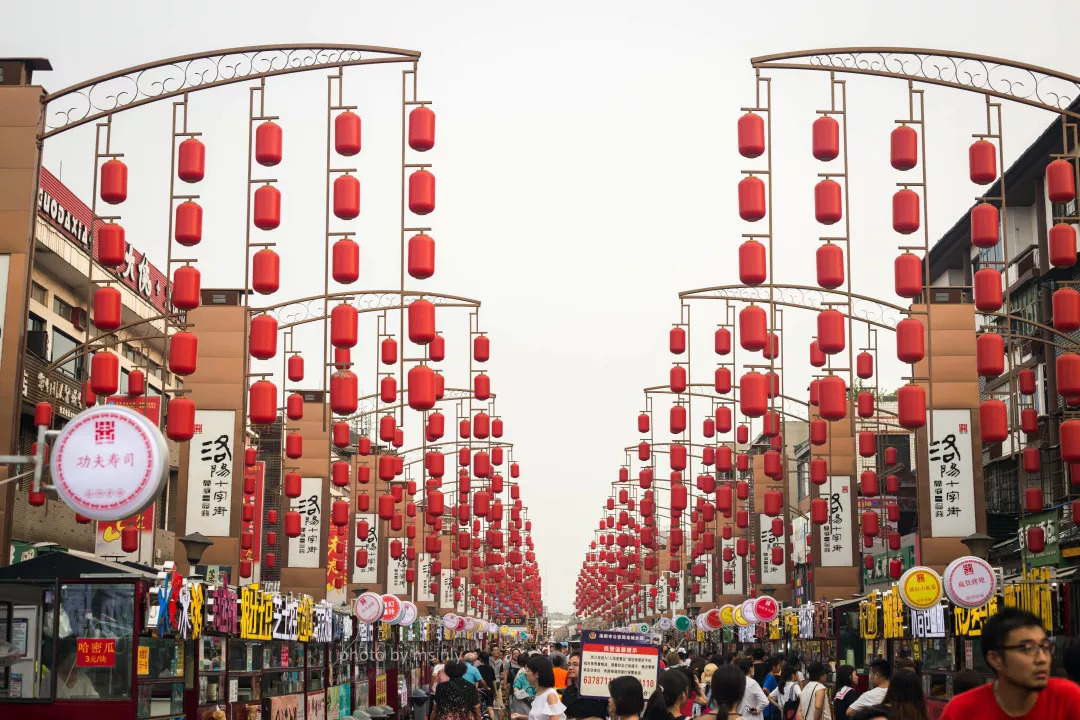
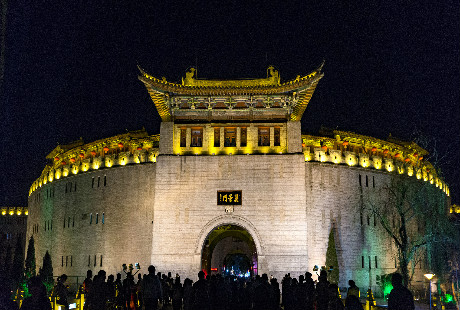 a place where ancient Chinese people offered sacrifices for god. The current Lijing Gate was rebuilt on the basis of old Lijing gate ruins. Outside the gate, you will find a street of unique Luoyang attribute. There are numerous stands, restaurants, shops, stores, etc. where all kinds of food, arts, crafts are on display. One thing you must try is the Peony Cake.
a place where ancient Chinese people offered sacrifices for god. The current Lijing Gate was rebuilt on the basis of old Lijing gate ruins. Outside the gate, you will find a street of unique Luoyang attribute. There are numerous stands, restaurants, shops, stores, etc. where all kinds of food, arts, crafts are on display. One thing you must try is the Peony Cake.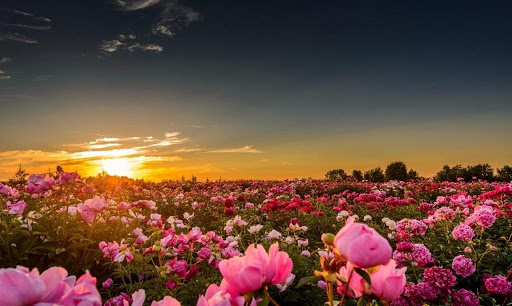 Inside the garden, you will see tens of thousands of kinds of peonies. One of the most famous peonies is a cluster of Millennium Queen of Peony from the Sui Dynasty. It’s the living fossil of Luoyang peony. The garden only opens in April every year when the peonies are blooming. Make sure you visit then if you plan to see peonies.
Inside the garden, you will see tens of thousands of kinds of peonies. One of the most famous peonies is a cluster of Millennium Queen of Peony from the Sui Dynasty. It’s the living fossil of Luoyang peony. The garden only opens in April every year when the peonies are blooming. Make sure you visit then if you plan to see peonies.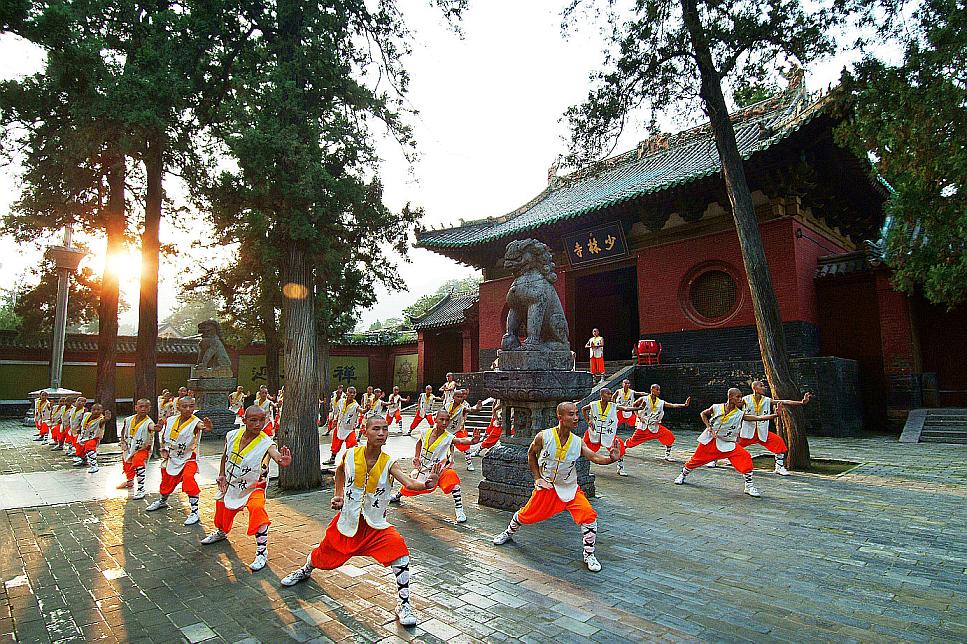 It was inscribed as UNESCO World Heritage Sites in 2010. The monastery was initially established by Emperor Xiaowen in the 19th year (495 A.D.) of Emperor Taihe in the Northern Wei Dynasty to accommodate the Indian master. The whole complex ranges about 57 600 sq meters, and its current abbot is Shi Yongxin. Besides spreading its significant influence in Buddhism, the Shaolin Monastery holds a prestigious reputation in the martial art, especially Shaolin Kung Fu.
It was inscribed as UNESCO World Heritage Sites in 2010. The monastery was initially established by Emperor Xiaowen in the 19th year (495 A.D.) of Emperor Taihe in the Northern Wei Dynasty to accommodate the Indian master. The whole complex ranges about 57 600 sq meters, and its current abbot is Shi Yongxin. Besides spreading its significant influence in Buddhism, the Shaolin Monastery holds a prestigious reputation in the martial art, especially Shaolin Kung Fu.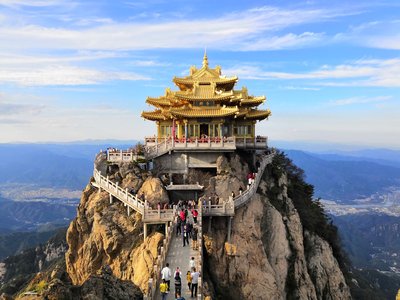 It belongs to the major peak of the Funiu Mountain in the southeast range of the Qinling Mountains. Lao Zi, the founder of Taoism, revered as Tai Shang Lao Jun (Supreme Lord), used to practice Taoism doctrines here. Therefore, Tang Taizong changed the name Jingshi Mountain to Laojun Mountain. In the Northern Wei Dynasty, temples were built to memorize Lao Zi. Since then, Laojun Mountain became a famous mountain among Taoist disciples. Besides the cultural significance, Laojun Mountain has an amazing view. You can always see something refreshing, especially the breathtaking sea of clouds and sunrise.
It belongs to the major peak of the Funiu Mountain in the southeast range of the Qinling Mountains. Lao Zi, the founder of Taoism, revered as Tai Shang Lao Jun (Supreme Lord), used to practice Taoism doctrines here. Therefore, Tang Taizong changed the name Jingshi Mountain to Laojun Mountain. In the Northern Wei Dynasty, temples were built to memorize Lao Zi. Since then, Laojun Mountain became a famous mountain among Taoist disciples. Besides the cultural significance, Laojun Mountain has an amazing view. You can always see something refreshing, especially the breathtaking sea of clouds and sunrise.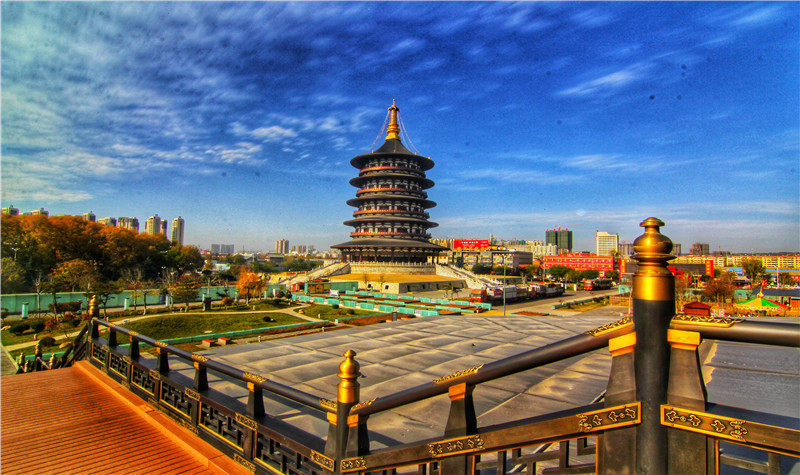
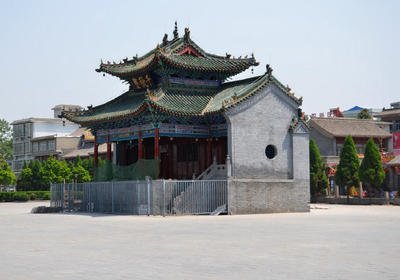
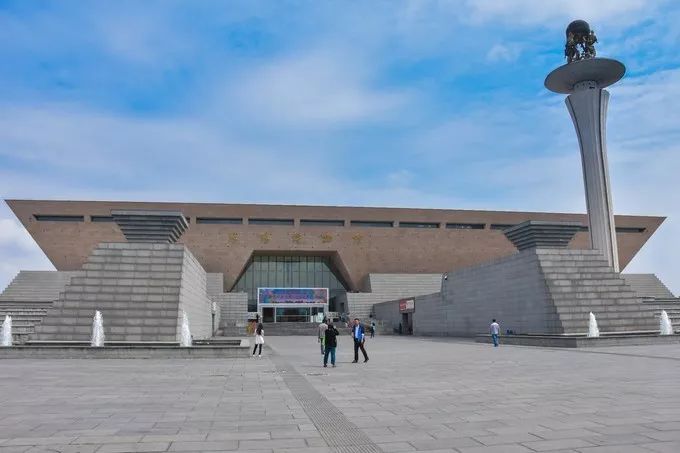
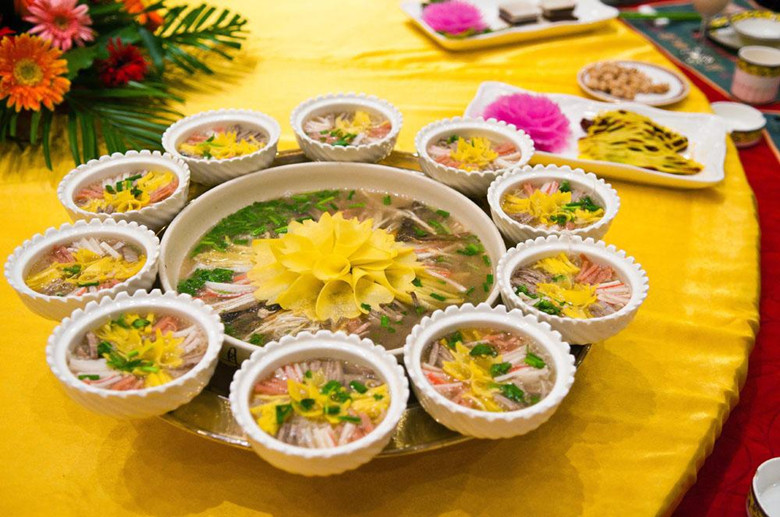
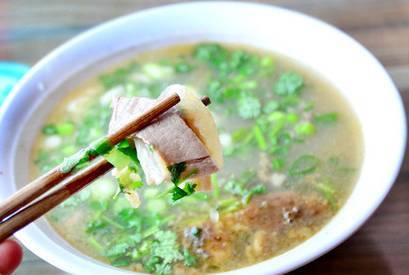 leek, bean vermicelli, meatballs, etc. When the soup is boiling, a soup pancake is put on the soup's surface gently, helping to maintain the flavor of the soup.
leek, bean vermicelli, meatballs, etc. When the soup is boiling, a soup pancake is put on the soup's surface gently, helping to maintain the flavor of the soup.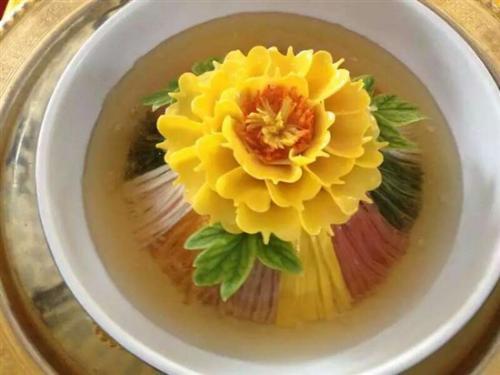
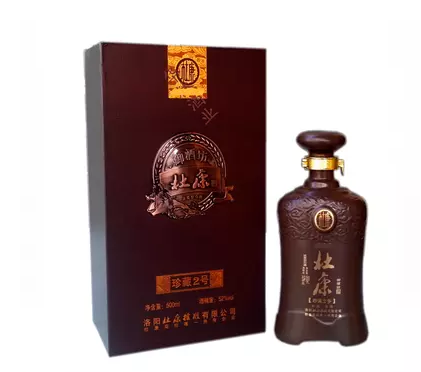
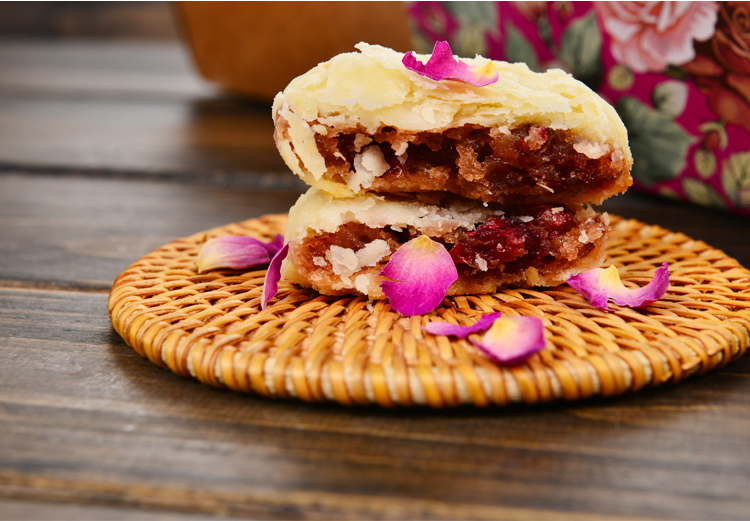
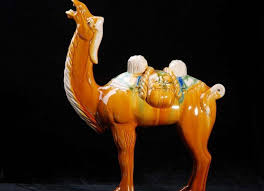
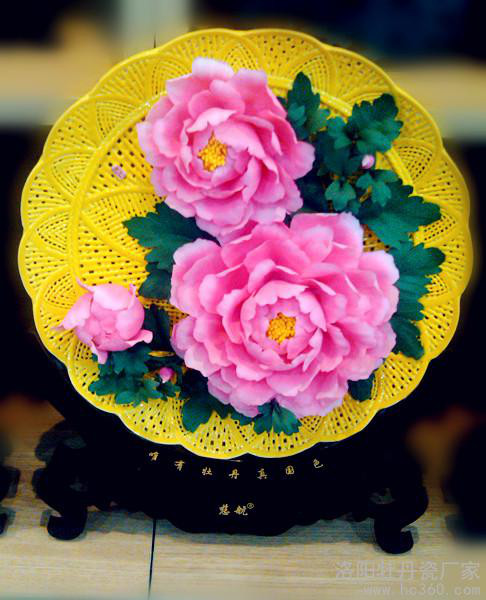
Copyright © 2019 Lily Sun China Tours International, Inc. Terms &conditions | Privacy Policy | Sitemap